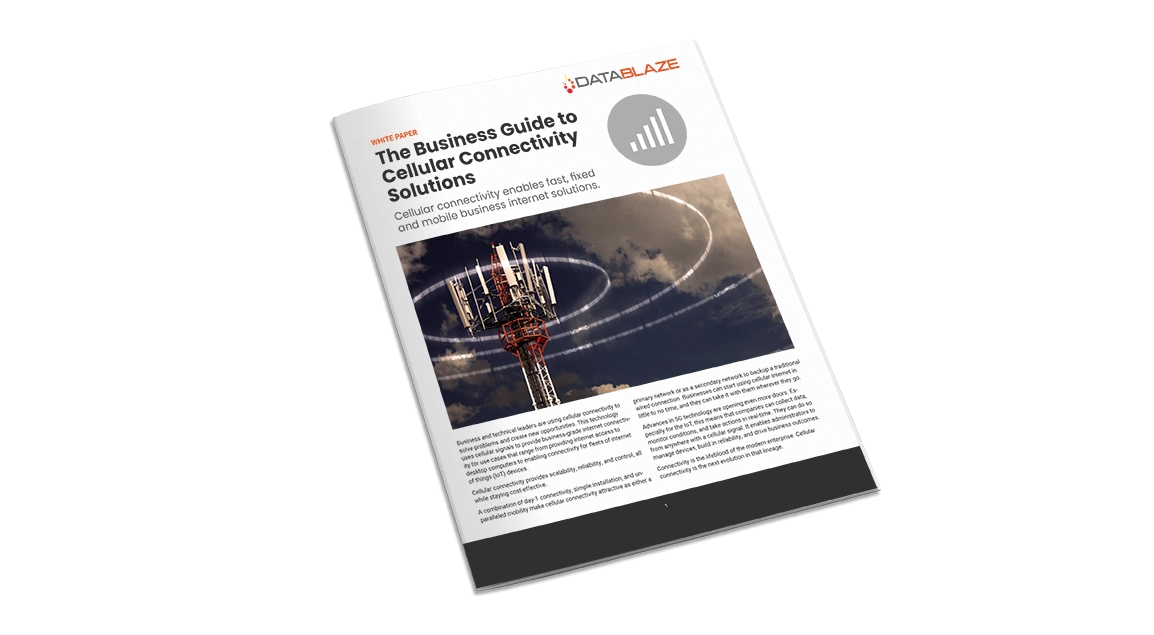Development in the Internet of Things (IoT) is transforming the way businesses operate, from improving operational efficiency to providing valuable insights through data analysis. However, to take full advantage of IoT technology, you need to have a reliable data plan in place. With so many options available, choosing the right IoT data plan can be a challenge. In this article, we will help you understand the key factors to consider when selecting an IoT data plan for your business.
Data Usage
The first factor to consider when choosing an IoT data plan is data usage. This refers to the amount of data your IoT devices will use. You need to estimate the data usage accurately to ensure you don’t end up paying for more data than you need or facing overage charges for exceeding your data limit. If you are not sure how much data your device will consume you may want to consider a pay as you go, data pooling or unlimited data plan.
Network Coverage
Another important factor to consider is network coverage. This refers to the geographical area where your IoT devices will be located. Make sure the network provider you choose has coverage in the areas where your devices will be used. This is critical for ensuring reliable and consistent connectivity. Check an IoT cellular coverage map to see what areas are covered and which cellular technology is included in that area.
Network Type
There are several types of networks available for IoT, including Wi-Fi, cellular, private LTE, and low-power wide-area network (LPWAN). The type of network you choose will depend on the specific requirements of your IoT devices, such as range, power consumption, and data rate. Consider the network type carefully to ensure you get the best performance from your IoT devices.
Cost
Cost is another important factor to consider when choosing an IoT data plan. This includes the upfront costs, recurring monthly fees, and any overage charges. Consider the total cost of ownership when making your decision, and compare the different options available to find the best value for money.
Scalability
Your IoT implementation may grow over time, so it’s important to choose a data plan that is scalable. This will ensure that your data plan can accommodate growth as your business expands, without requiring a complete overhaul of your existing infrastructure.
Reliability
Reliability is critical for ensuring that your IoT devices can communicate effectively. For critical applications look for a data plan that offers low-latency connectivity and high availability to ensure that your IoT devices are always connected.
Security
Finally, security is a key consideration when choosing an IoT data plan. Make sure the data plan provides adequate security for transmitting sensitive data, such as encryption and secure VPN connections. This will help to protect your business from cyber threats and data breaches.
Sourcing IoT Data Plans from IoT Experts
A wireless solution provider like Datablaze can assist you in evaluating your deployment, determining your current and future data needs, and recommending the most cost-efficient plans for your business. Additionally, utilizing a SIM and endpoint management platform like Voyager can streamline your cellular data usage and lower expenses by offering the necessary tools to efficiently manage your wireless deployment.
In conclusion, choosing an IoT data plan requires careful consideration of several factors, including data usage, network coverage, network type, cost, scalability, reliability, and security. Take the time to evaluate your specific needs and choose a data plan that meets those needs to ensure that your IoT implementation is successful. If you are unsure or have a large deployment of devices needing cellular connectivity, contact Datablaze.



